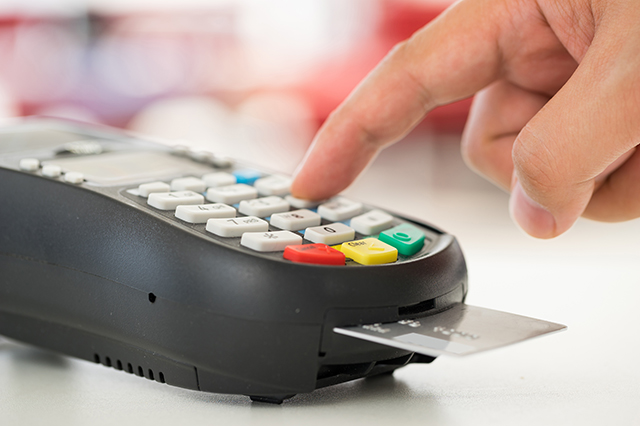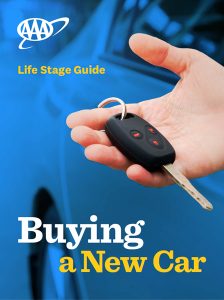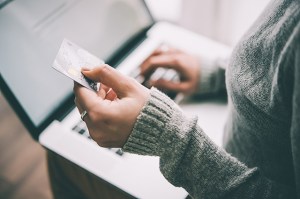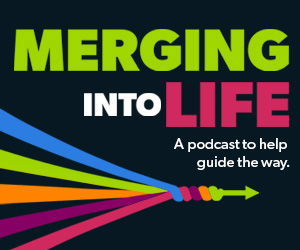Applying for and using credit cards is often an exercise in trust. On the one hand, most credit cards are insured against fraudulent activity and theft. On the other hand, consumers give out a lot of personal information when they apply for a credit card. How do you know that credit card companies are keeping your personal information and money safe?
According to the U.S. Government Accountability Office, banks, credit card companies and other large financial institutions have adopted very stringent and sophisticated security measures to keep your data safe. They are constantly updating their security systems to guard against hackers, and to date, there has never been a significant security breach at any major U.S. credit card company.
The introduction of chip credit cards
The introduction of chip cards is the most significant protective step credit card companies have taken in the past decade. Chip cards started appearing in the United States back in 2015 as a way to prevent credit card fraud. Unlike the magnetic strip used before, the chip creates a unique transaction code each time the card is used. This makes it a lot more difficult for hackers to steal your information or clone your card.
Monitoring your account for fraud
Fraudulent activity costs credit card companies millions of dollars annually. Most credit card companies use technology to detect inconsistencies in consumer spending. If your card is ever stolen and used fraudulently, most credit card companies offer zero liability protection so that you won’t have to foot the bill. Credit card companies that don’t offer zero liability protection can only hold you accountable for $50 of the fraudulent charges. Because of the safeguards credit card companies have put in place, using a credit card is one of the safest methods of payment available.
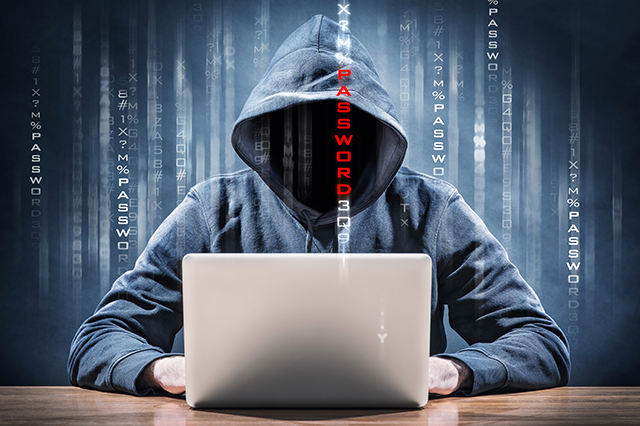
Privacy concerns
All the benefits of using a credit card come with a trade-off. Credit card companies will know your spending habits, and they will use those habits to determine your creditworthiness. By law, your credit card company can’t share your personal information with third parties they aren’t affiliated with, but third parties have other ways of monitoring your spending.
The internet is still the Wild West when it comes to your personal privacy. Search engines like Google maintain partnerships with online merchants, and much of your information and spending history can be easily mined and shared. This information is most often used for targeting ads, but fraudulent activity isn’t uncommon. Here are some steps you can take to shop safely online.
- Make sure your data is encrypted. Before entering your credit card information on any website, be sure that the URL begins with “https.” This prefix ensures that your data is encrypted. Do not enter your credit card information if the URL begins with “http.”
- Don’t send personal information over public Wi-Fi. Public Wi-Fi networks are not secure, which makes them an easy target for hackers. If you need to make an online purchase, do it from your secure home network.
- Make sure your computer is protected against viruses and malware. Invest in good antivirus software and be sure to scan your computer regularly. This will prevent hackers from installing keyloggers or screen recorders on your computer.
- Don’t send personal information over email. Emails are not encrypted and the information can easily be shared.
- Only give out your credit card number over the phone if you initiated the call. Be sure you know exactly who you are talking to before you give out your credit card number. Your bank or credit card company will never call and ask for your personal information.
Despite the possibility of theft and fraud, using credit cards are still much safer than carrying cash. While credit cards can be stolen, they are easy to replace, and any stolen funds are protected. The downside to using credit cards is that you do give up some of your privacy when using them.
It is important to remember that the greatest risk of a security breach is not with credit card companies. It is far more likely that your computer will be hacked into or that your card will be stolen. Take precautions to protect your data whenever you use your card, and be sure to check your statements regularly for any signs of suspicious activity.
Do you worry that your personal data is at risk because you use credit cards? What steps are you taking to protect yourself from fraud, theft, and security breaches? Get in on the discussion in the comments section below.



